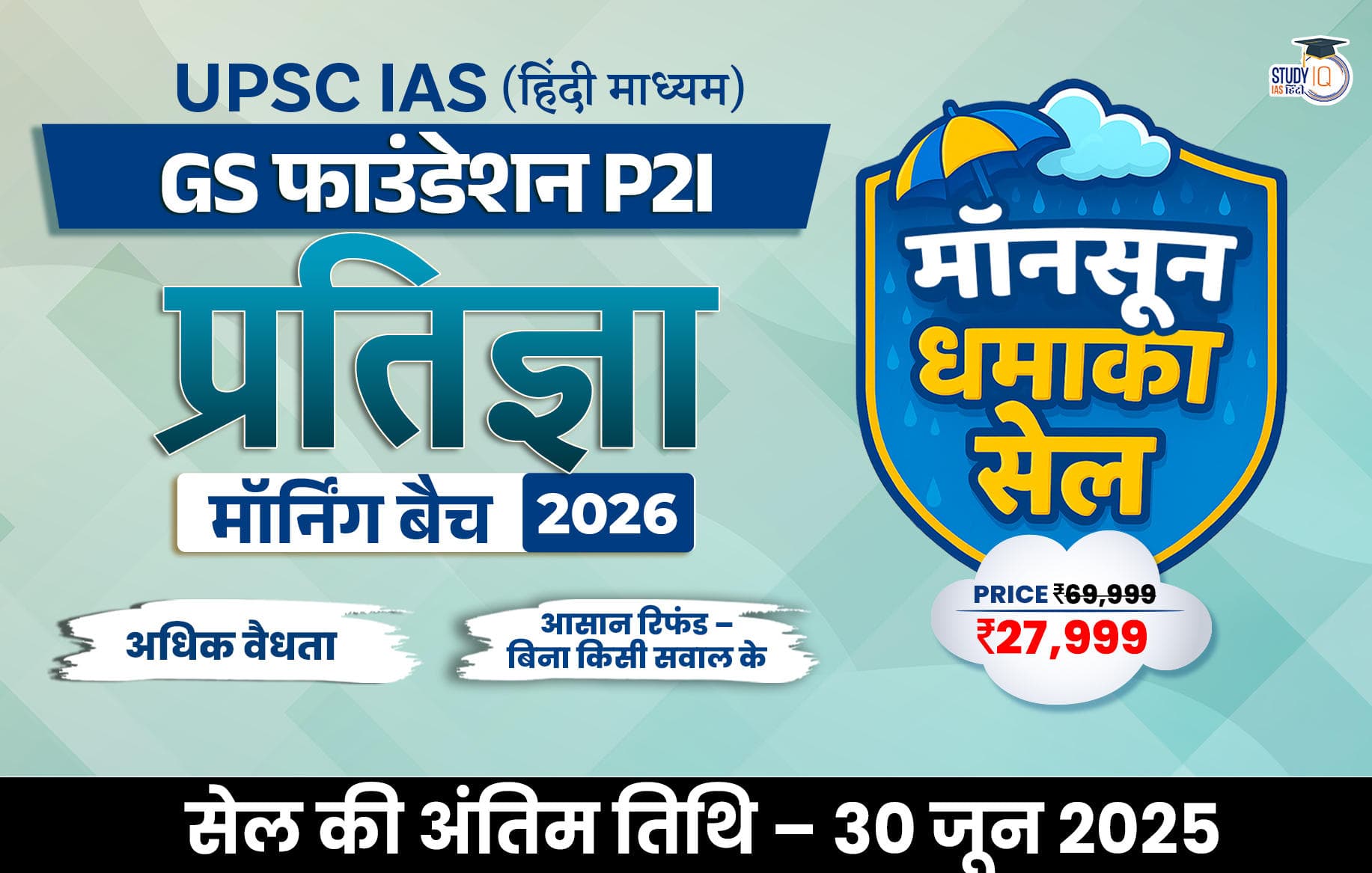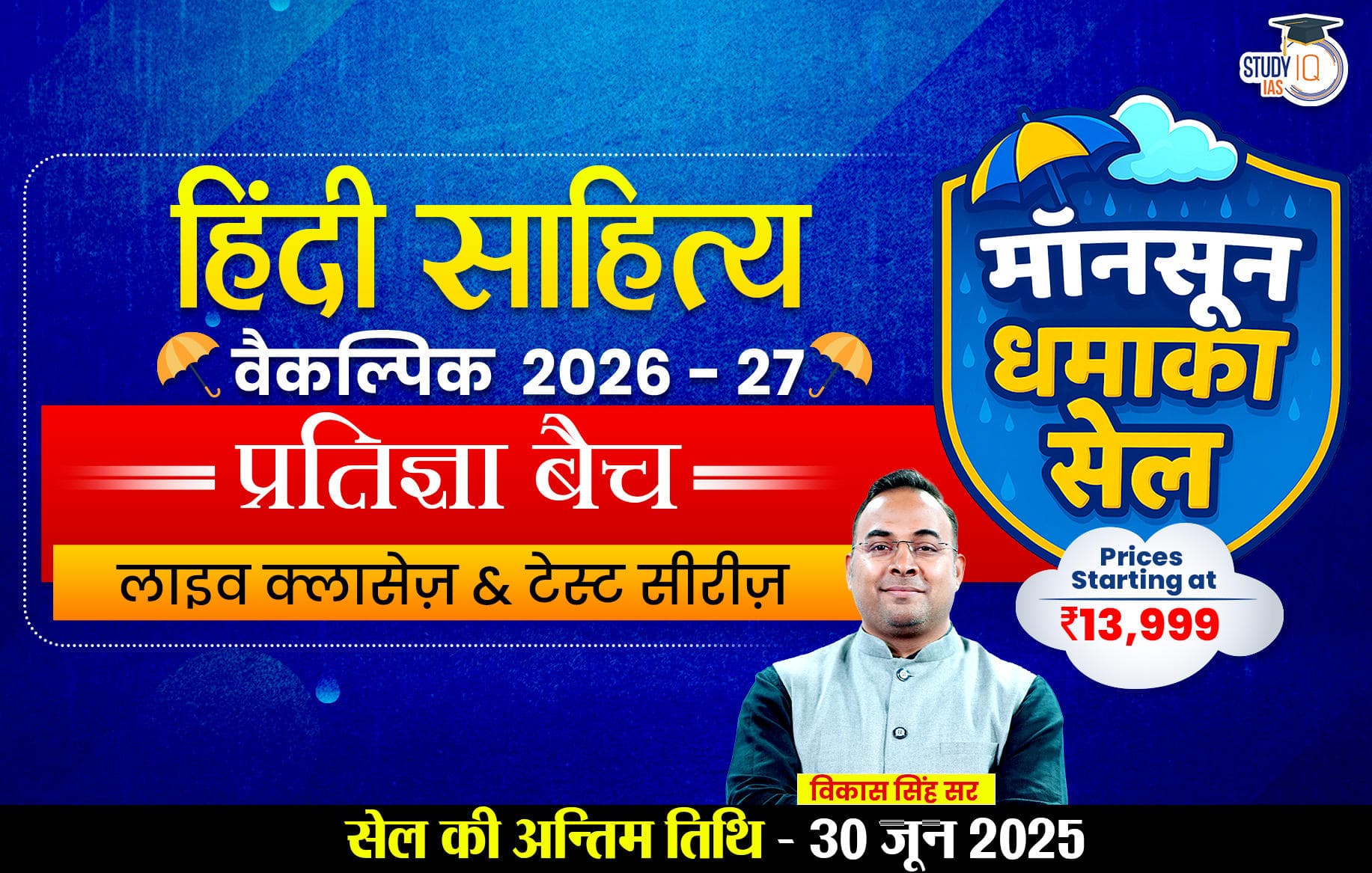Table of Contents
“Fundamental Rights are the soul of the Constitution and the conscience of the nation. They are meant to foster the ideal of a just and humane society.”
The Fundamental Rights enshrined in Part III of the Constitution of India (Articles 12 to 35) form the bedrock of India’s democratic framework. These rights are enforceable against the State and aim to protect the individual from arbitrary State action while ensuring liberty, dignity, and equality. Comprising six key rights, including the Right to Life, Right to Dignity, and Right to Education, these rights are regarded as inviolable privileges bestowed upon Indian citizens. The Constitution of India guarantees Fundamental Rights to its citizens in Part III, often called the “Magna Carta of India.”
List of Fundamental Rights of Indian Constitution
The Fundamental Rights of Indian Constitution are enshrined in Part III (Articles 12 to 35). These Fundamental Rights protect all citizens, and some are also available to non-citizens in certain cases.
| Article | Provisions | |
| Right to Equality | Article 14 | Equality Before Law |
| Article 15 | Prohibition of Discrimination | |
| Article 16 | Equality of Opportunity in Public Employment | |
| Article 17 | Abolition of untouchability | |
| Article 18 | Abolition of Titles | |
| Right to Freedom | Article 19 | Protection of 6 Rights
|
| Article 20 | Protection in Respect of Conviction for Offences | |
| Article 21 | Protection of Life and Personal Liberty | |
| Article 21-A | Right to Education | |
| Article 22 | Protection Against Arrest and Detention | |
| Right Against Exploitation | Article 23 | Prohibition of Human Trafficking and Forced Labour |
| Article 24 | Prohibition of Child Labour | |
| Right to Freedom of Religion | Article 25 | Freedom of Conscience, Profession, Practice and Propagation |
| Article 26 | Freedom to Manage Religious Affairs | |
| Article 27 | Freedom from Taxation for the Promotion of a Religion | |
| Article 28 | Freedom from Attending Religious Instruction | |
| Educational and Cultural Rights | Article 29 | Protection of Interests of Minorities |
| Article 30 | Right of Minorities to Establish and Administer Educational Institutions | |
| Right to Constitutional Remedies | Article 32 | Right to use the five Writs of Indian Constitution as remedies for enforcing one’s fundamental rights:
|
| Article 33 | Provides the Parliament with the authority to limit or abolish the fundamental rights of “Members of the Armed Forces, paramilitary forces, police forces, intelligence agencies, and analogous forces” | |
| Article 34 | Provides for the restrictions on fundamental rights while martial law (military rule) is in force | |
| Article 35 | Empowers the Parliament to make laws on Fundamental Rights |
What are Fundamental Rights?
Fundamental Rights are the basic human rights preserved in the Indian Constitution, guaranteed to all Indian Citizens. The Rights are applied without discrimination based on race, religion, gender, etc. Significantly, fundamental rights are enforceable by the courts, subject to certain conditions. These rights are called fundamental rights for two reasons:
- They are enshrined in the Constitution, which guarantees them, and
- they are justiciable (enforceable by courts). A person can approach a court of law in case of a violation.
Origin of Fundamental Rights in India
The idea of Fundamental Rights in India evolved from a rich legacy of constitutional and philosophical traditions across the globe. Several foundational texts shaped the conception of these rights:
- Magna Carta (1215): Often referred to as the first charter of liberties, it laid the foundation for limiting arbitrary state power. Part III of the Indian Constitution has rightly been called the “Magna Carta of India.”
- English Bill of Rights (1689): This document laid the groundwork for civil liberties and the accountability of government.
- United States Bill of Rights (1791): The first ten amendments to the U.S. Constitution directly inspired the structure and enforceability of Indian Fundamental Rights.
- French Declaration of the Rights of Man and of the Citizen (1789): Emphasised liberty, equality, and fraternity as universal values.
- Universal Declaration of Human Rights (1948): Reflected the global consensus post-World War II, reinforcing human dignity and justice.
India’s freedom struggle also significantly influenced the framers, with leaders consistently demanding guarantees of civil liberties in response to colonial oppression, such as during the Non-Cooperation Movement and the Nehru Report (1928).
Features of Fundamental Rights of Indian Constitution
- Articles 15, 16, 19, 29, and 30 are made available to the citizens only, while others are available to both citizens and legal foreigners.
- It is made available to the citizens with reasonable restrictions, hence they are not absolute but qualified in nature.
- Most of the Fundamental Rights are available against the arbitrary action of the state.
- They are justiciable, as anyone can move to court for the enforcement of Fundamental Rights if violated.
- They are protected and guaranteed by the Higher Courts in India.
- They are not permanent, as by the process of Constitutional Amendment, the Fundamental Rights can be repealed.
- During a National Emergency, all the Fundamental Rights can also be suspended except the rights provided under Article 20 and Article 21.
- The application of Fundamental Rights to the armed forces, paramilitary forces, police forces, and intelligence agencies can be restricted by Parliament (Under Article 33).
Fundamental Rights Articles 12-35 under the Indian Constitution
The Fundamental Rights in the Indian Constitution are enshrined in Part III, specifically Articles 12 to 35. These rights are considered essential for the protection and well-being of citizens and are justifiable, meaning they can be enforced in courts.
The United States Bill of Rights served as a major model for India’s creation of Fundamental Rights. These rights are protected by the Constitution because it is believed that they are necessary for each person’s personality to grow and for the preservation of human dignity. Part III of the Indian Constitution, sometimes referred to as the Magna Carta of the Indian Constitution, contains provisions for fundamental rights. Due to their justified nature, which enables people to petition courts for their enforcement if and when they are violated, these rights are known as basic rights.
Article 12 of Indian Constitution
Article 12 defines the “State” inclusively, covering the Government and Parliament of India, State Governments and Legislatures, and all local or other authorities within Indian territory. In Ajay Hasia v. Khalid Mujib Sehravardi (1981), the Supreme Court held that even a body performing public functions, though not statutory, may be deemed “State” under Article 12 if it is financially or functionally controlled by the government.
Article 13 of Indian Constitution
Article 13 provides for the doctrine of judicial review, rendering laws void ab initio if inconsistent with Fundamental Rights. In A.K. Gopalan v. State of Madras (1950), the Court adopted a narrow interpretation. However, this was overruled in Maneka Gandhi v. Union of India (1978), where the Court read Articles 14, 19, and 21 in a composite manner, thereby widening the scope of personal liberty.
Right to Equality (Articles 14 – 18)
- The right to equality entirely protects the equal legal rights of all citizens.
- The right to equality forbids discrimination based on caste, creed, religion, place of birth, race, or sexual orientation.
- It ensures that everyone has an equal chance to work for the government and prohibits the government from treating anyone differently at work just because of their religion, caste, race, gender, ancestry, place of birth, place of residency, or any other of these factors.
- Equality before the law is provided for in Articles 14 through 18. The Constitution ensures that everyone is treated equally in front of the law and guarantees equality before the law.
- The state is not permitted to treat citizens differently based on their caste, race, religion, gender, or place of birth. This is required to achieve equality. Read more about the Right to Equality here for detailed information.
Right to Freedom (Articles 19 – 22)
- It is also known as the right to liberty.
- The most cherished wish of every person is to be free.
- A few of the rights guaranteed by the right to freedom include the freedom of speech, the freedom of expression, the freedom of assembly without the use of force, the freedom of movement across the entire territory of our nation, the freedom of association, the freedom to practice any profession, and the freedom to live anywhere in the nation.
- These rights, however, are constrained in many ways. Read more about the Right to Freedom here for detailed information. The Right to Education under Article 21A was added to our Indian Constitution by the 86th Constitutional Amendment Act of 2002. This ensures that “Every child between the age of 6 to 14 years has the basic right to a free and compulsory education”.
Right against Exploitation (Articles 23 – 24)
- Due to Indian society’s historical hierarchical structure, various forms of exploitation have occurred.
- It’s critical to understand that being exploited is equivalent to, if not worse than, being abused.
- This fundamental right is essential for preventing any citizen from being forced to perform forced labour of any kind.
- Even if money is offered, no one may be made to work against their will. Forced labour of any kind is forbidden by the Indian Constitution.
- Forced labour is defined as work performed for less than the legal minimum pay. The article also cites human trafficking as a constitutional violation.
- Therefore, it is forbidden to buy and sell people for illegal or immoral reasons. Additionally, this paragraph declares that this “bound labour” is unconstitutional.
Read more about the Right against Exploitation here for detailed information.
Right to Freedom of Religion (Articles 25 – 28)
- One is completely free to practice whichever religion one chooses.
- Because India is a multireligious nation where Hindus, Christians, Sikhs, and many other religions live, the Constitution designates it as a “secular state.”
- It indicates that there is no “national” religion or “state religion” in India. However, it completely allows residents to practice any religion they like and to worship anybody they choose.
- This shouldn’t, however, obstruct another person’s religious beliefs and/or practices. Foreigners can also exercise this freedom.
Read more about the Right to Freedom of Religion here for detailed information.
Cultural and Educational Rights (Articles 29 – 30)
Article 29: Protection of Minority Interests
- Article 29(1) gives citizens with a unique language, script, or culture the right to preserve it. This ensures that these groups can maintain their identity.
- Article 29(2) protects against discrimination in educational admissions, especially in state-supported institutions. This was highlighted in the State of Madras v. Champakam Dorairajan (1951) case, where the Supreme Court ruled against a government order that unfairly limited admissions based on community, stating it violated Article 29(2).
Article 30: Rights of Minorities in Education
- Article 30(1) grants linguistic and religious minorities the right to establish and manage their own educational institutions. The Supreme Court, in St. Xavier’s College v. State of Gujarat (1974), confirmed that this right helps minorities provide quality education for their children, promoting their development as citizens. In 1978, the Forty-fourth Amendment Act added Article 30(1-A), which ensures that if the government acquires property from a minority-run educational institution, the compensation must not undermine their rights.
- Article 30(2) prevents the government from favouring or discriminating against educational institutions based on whether they are managed by a religious or linguistic minority.
Right to Constitutional Remedies (32 – 35)
- A citizen in India has the option to appeal to the Supreme Court to have their fundamental rights upheld.
- This privilege is protected by the Supreme Court and the High Court, respectively, under Articles 32 and 226 of the Constitution.
- It is known as a constitutional remedy right. The Supreme Court and the high courts have the authority to impose fundamental rights under this Article.
- Local courts may also have the ability to extend the rights.
- However, because it is subject to military law, the court-martial is excluded from this safeguard.
Read about: Important Articles of Indian Constitution
Importance of Fundamental Rights
- Fundamental rights in Part III of the Indian Constitution are crucial for upholding democracy and justice in India. They protect individuals’ material and moral interests, ensuring social justice and equality, especially for minorities and vulnerable groups. These rights guarantee personal freedom and establish the rule of law, preventing government abuse of power.
- Part IV outlines the Directive Principles of State Policy (DPSP), which guide the government in creating a welfare state. These principles set goals for economic and social policies, urging the state to act for the people’s welfare.
- In 1976, the Constitution was amended to add Part IV-A, which lists fundamental duties for citizens, reminding them to uphold certain norms in society.
- Together, Parts III, IV, and IV-A aim to fulfill the goals of justice, liberty, fraternity, and individual dignity, reflecting the ideals in the Constitution’s Preamble.
Amendability of Fundamental Rights
- A constitutional modification that has the support of both Houses of Parliament is necessary before any fundamental rights can be altered.
- Parliament should vote with a special majority to enact the amending measure.
- No laws that restrict basic rights may be passed, according to Article 13(2) of the Constitution.
- Whether a constitutional amendment act qualifies as law or not is the subject of debate. In the Sajjan Singh case from 1965, the Supreme Court ruled that any provision of the Constitution, including fundamental rights, is subject to amendment by Parliament.
- But in 1967, the SC changed its position from when it had previously stated that the fundamental rights could not be modified in the Golaknath case judgement. The Kesavananda Bharati case resulted in a landmark ruling from the SC in 1973, which stated that even though the Parliament could amend any part of the Constitution, including Fundamental Rights, the “basic structure of the Constitution could not be abrogated even by a constitutional amendment.”
- The judge may invalidate any amendment made by Parliament that conflicts with the Constitution’s fundamental principles on the basis of this principle in Indian law.
- The Supreme Court reaffirmed the Basic Structure concept in 1981. Additionally, it drew a line of demarcation on April 24, 1973, the date of the Kesavananda Bharati verdict, and concluded that it should not be applied retroactively to examine the legitimacy of any change to the Constitution that occurred before that day.
Difference Between Fundamental Rights and Directive Principles
It enjoys supremacy over the Directive Principle of State Policy, although it does not mean that the Directive Principle can’t be implemented. Granville Austin has described the Directive Principle of State Policy and Fundamental Rights as the “Conscience of the Constitution”. The difference between Fundamental Rights and Directive Principles has been discussed below:
| Aspect | Fundamental Rights | Directive Principles of State Policy (DPSPs) |
| Legal Basis | Enshrined in Part III of the Constitution of India. | Enshrined in Part IV of the Constitution of India. |
| Nature | Rights guaranteed to citizens against the state. | Principles and guidelines for the state in policy-making and governance. |
| Enforceability | Citizens can directly approach the courts to enforce their fundamental rights. | These principles are not legally enforceable by citizens in courts. |
| Rights-Holders | Applicable to all citizens of India. | Intended to guide the state and government actions. |
| Examples | Right to equality, right to freedom of speech, right to life, etc. | Promotion of social justice, protection of the environment, promotion of education, etc. |
| Focus | Individual rights and liberties. | Socio-economic and political objectives for the state. |
| Purpose | To protect individual freedoms from potential state encroachment. | To provide a framework for state policies that promote the welfare of the people. |
| Amendment | Fundamental rights can be amended by the Parliament, subject to certain limitations. | Directive principles are non-justiciable and cannot be enforced in court. |
| Significance | Essential for upholding democratic values and individual freedoms. | Provide a roadmap for the state to establish a just and equitable society. |
| Conflict Resolution | In case of conflict between fundamental rights, the courts intervene to strike a balance. | Directive principles may have to be balanced against fiscal and administrative realities. |
| Applicability | Applicable to both citizens and the government. | Applicable primarily to the government and its policies. |
| Immediate Implementation | Fundamental rights are generally enforceable immediately. | Implementation of directive principles depends on the government’s discretion and resources. |
| Fundamental Rights vs. Common Good | Emphasize individual rights and liberties. | Emphasize the common good and societal welfare. |
Difference Between Fundamental Rights and Duties
Fundamental Duties are the responsibilities of citizens, whereas Fundamental Rights are the rights available to the people of this country. The 42nd Constitution Amendment Act of 1976, passed by the Indira Gandhi administration, amended the Indian Constitution to include Fundamental Duties. The Indian Constitution places a strong emphasis on both fundamental rights and duties. Fundamental duties are citizens’ obligations to their country and fellow citizens. In contrast, fundamental rights are the entitlements that people have as a result of being citizens of a particular country.
| Aspect | Fundamental Rights | Fundamental Duties |
| Legal Basis | Enshrined in Part III of the Constitution of India. | Enshrined in Part IV-A of the Constitution of India. |
| Nature | Rights guaranteed to citizens for protection from the state. | Duties expected from citizens towards the state and society. |
| Enforcement | Citizens can approach the courts for the enforcement of their rights. | There is no legal mechanism to enforce fundamental duties through the courts. |
| Number | Originally, there were 7 fundamental rights, but after the 44th Amendment Act, 1978, there are 6 fundamental rights. | Originally, there were 10 fundamental duties, but after the 86th Amendment Act, 2002, there are 11 fundamental duties. |
| Examples | Right to equality, right to freedom of speech, right to life, etc. | Duty to abide by the Constitution, duty to promote harmony, duty to protect the natural environment, etc. |
| Focus | Focus on individual liberties and freedoms. | Focus on individual responsibilities and obligations towards the nation and society. |
| Purpose | To protect citizens from potential state encroachment on their freedoms. | To promote a sense of discipline, social harmony, and patriotism among citizens. |
| Amendment | It can be amended by the Parliament through a constitutional amendment, but not to the detriment of their core values. | Fundamental duties can be amended by the Parliament through a constitutional amendment. |
| Significance | Crucial for ensuring a democratic and just society. | Important for fostering a sense of citizenship and social cohesion. |
| Legal Remedies | Violation of fundamental rights can be challenged in court through writ petitions. | There are no legal remedies or penalties for not performing fundamental duties. |
| Scope | Applicable only to citizens of India. | Applicable to both citizens and the government. |
Check here the Major Differences Between Fundamental Rights and Fundamental Duties
Conclusion
Fundamental Rights are not absolute; they are subject to reasonable restrictions, guided by the doctrine of proportionality and tested on grounds of necessity, legitimacy, and minimal impairment. The Indian judiciary has played a transformative role in expanding its scope, making it a living instrument of justice and social progress. In sum, Fundamental Rights embody India’s constitutional promise to safeguard individual liberty while balancing societal interests—ensuring that liberty does not become license and equality does not breed uniformity.

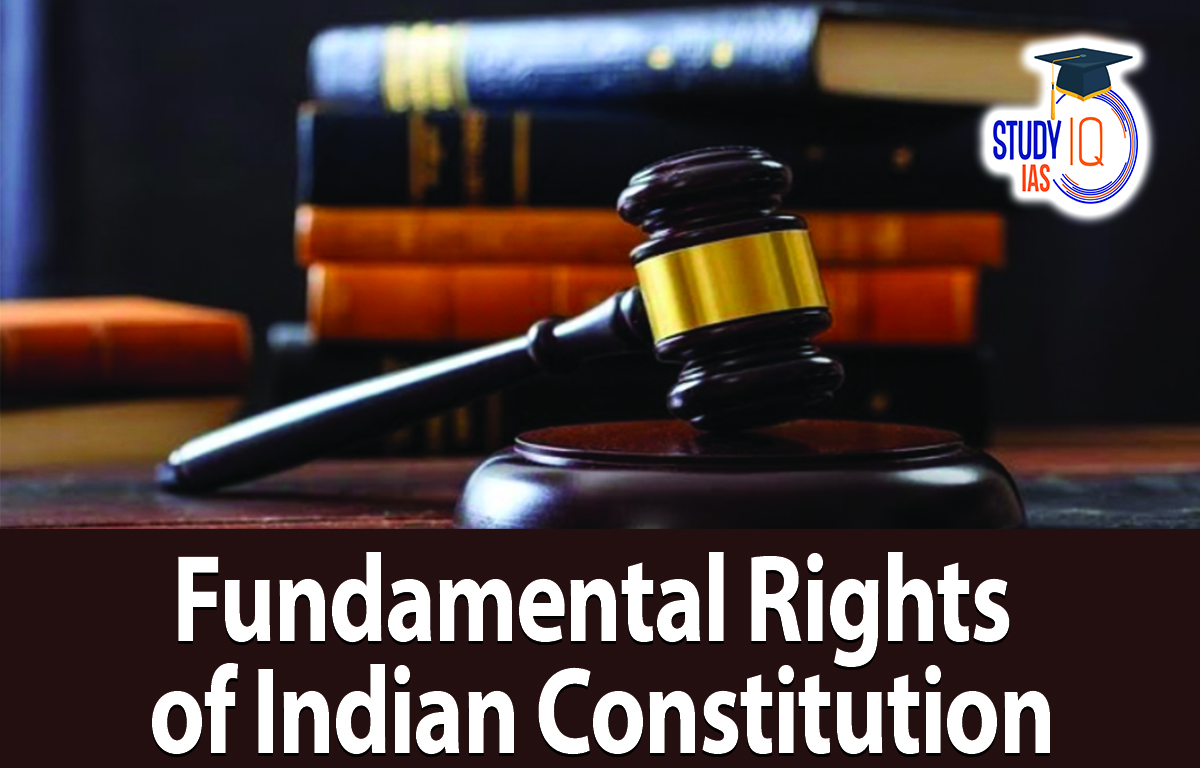
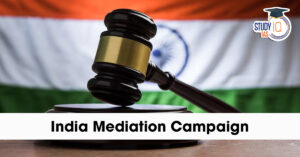 India Mediation Campaign, Objectives, Pr...
India Mediation Campaign, Objectives, Pr...
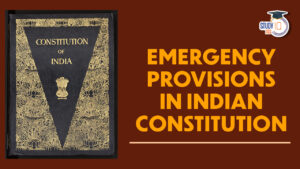 Emergency Provisions in Indian Constitut...
Emergency Provisions in Indian Constitut...
 Directive Principles of State Policy (DP...
Directive Principles of State Policy (DP...


